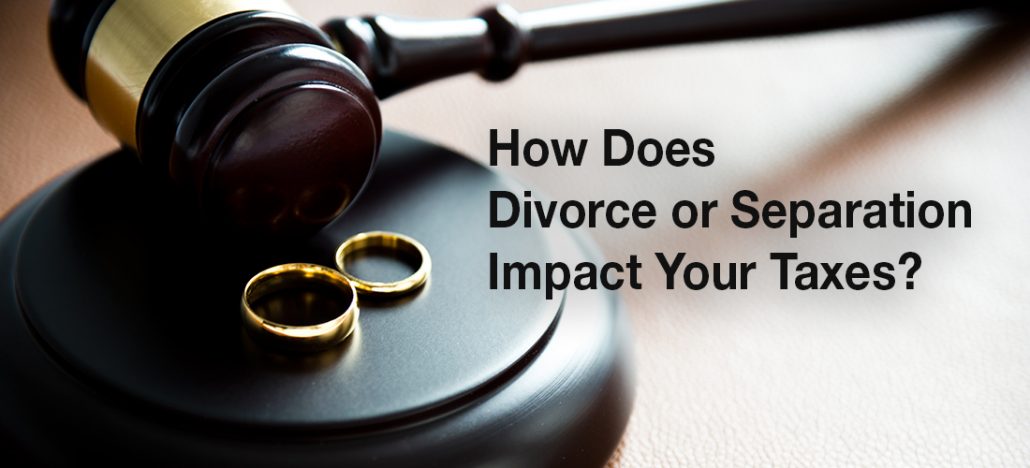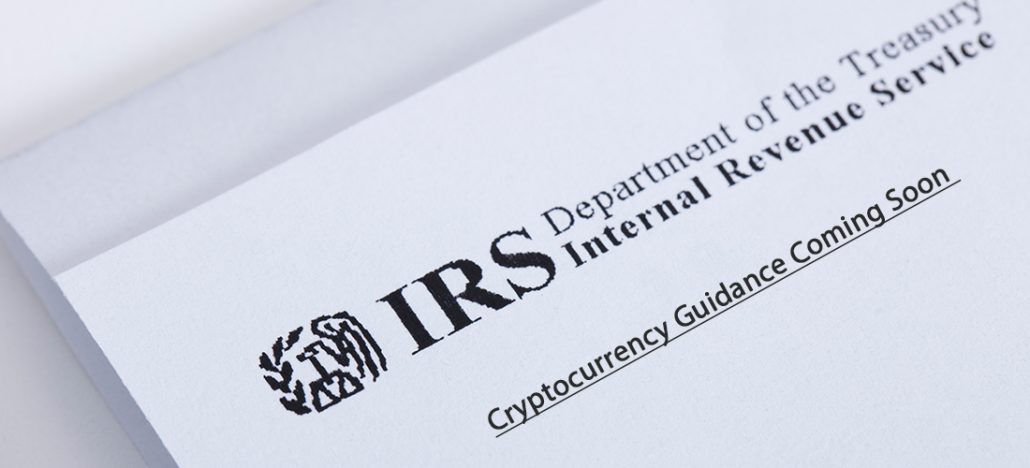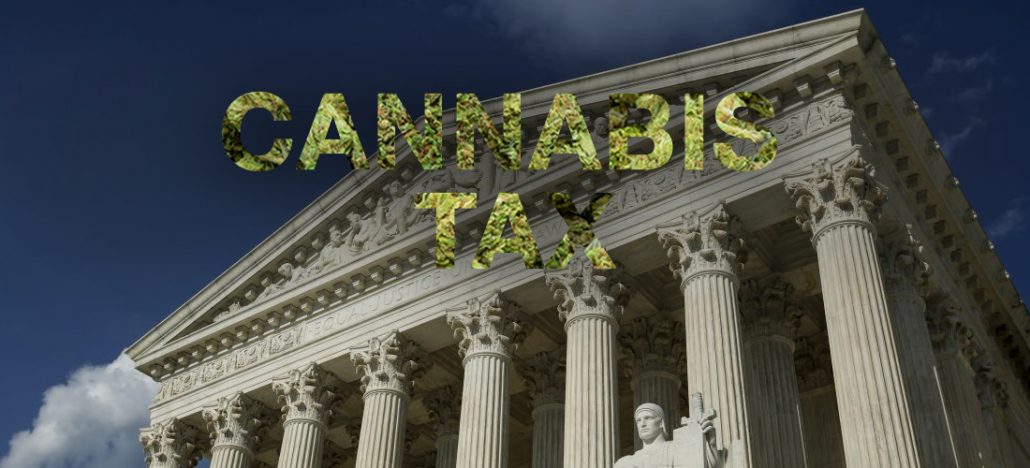Wage Garnishment
One way the Internal Revenue Service will seek payment of an outstanding balance is to take a share of your wages until your tax liability is paid in full. This is called IRS wage garnishment. After the IRS takes their share, there usually is not enough left over to pay the rent, car payment, buy groceries or pay the rest of your bills.
Before the IRS can garnish your wages or any other source of income, the IRS must issue a “Final Notice Of Intent To Levy And Notice Of Your Right To A Hearing” to the taxpayer allowing up to 30 days from the date of the Final Notice to pay in full or to find another solution. Ignoring these notices or doing nothing will only make matters worse.
A tax settlement attorney can analyze your situation to find the best course of action for you and avoid a tax levy on your wages. Once the 30 days has passed, the IRS does not have to give any further notice before seizing your wages and other assets.
Don’t wait before contacting one of our tax lawyers. A timely filing within 30 days of the date on the Final Notice for a Collection Due Process hearing with the Office of Appeals, would stop the levy and allow us to discuss and resolve your case with an Appeals Officer.
Some of the issues on appeal may include:
- You paid all you owed before IRS sent the levy notice
- IRS assessed the tax and sent the levy notice when you were in bankruptcy, and subject to the automatic stay during bankruptcy
- IRS made a procedural error in an assessment
- The time to collect the tax (called the statute of limitations) expired before IRS sent the levy notice
- You did not have an opportunity to dispute the assessed liability
- You wish to discuss the collection options
- You wish to make a spousal defense
At the conclusion of the hearing, the Office of Appeals will issue a determination. We would then have 30 days after the determination date to bring a lawsuit in Federal Court to contest the determination.
If you decide to do nothing or fail to timely file a request for a CDP Hearing, the levy we commence immediately and will end when:
- The levy is released
- You pay your tax debt, or
- The time expires for legally collecting the tax.
Let us evaluate your case; to find out more, please contact us. Or call us toll-free at 866.494.6829. Tax assistance is available to you. Let the Law Offices of Jeffrey B. Kahn, P.C. help solve your IRS problems.













 Follow
Follow Follow
Follow